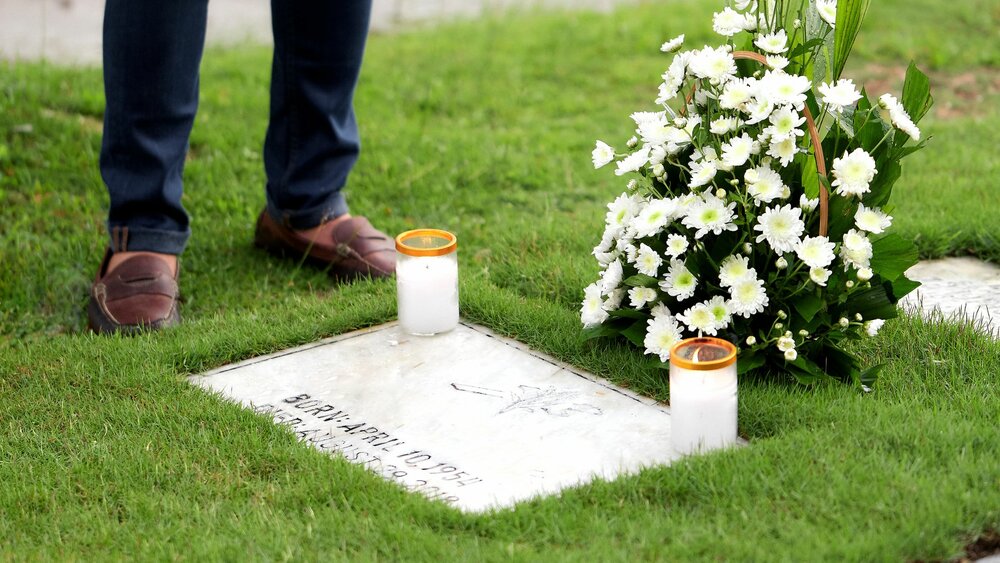Visiting a Dying Loved One and Dealing with the Grief
Visiting a dying loved one is one of the most challenging experiences we face. It’s a time filled with emotional turbulence, as we grapple with the imminent loss and the grief that accompanies it. However, amidst the sorrow, there are opportunities for deep connection and meaningful closure. This blog aims to guide you through this difficult journey, offering practical advice and emotional support.
1. Preparing for the Visit
Before visiting a dying loved one, it's essential to prepare yourself mentally and emotionally. Here are a few tips to help you get ready:
- Acknowledge Your Feelings: Recognize your emotions, whether it's sadness, anger, guilt, or even relief. It's normal to have a mix of feelings.
- Gather Information: Understand the medical condition of your loved one. Speak to healthcare providers to know what to expect.
- Plan What to Say: Think about what you want to convey during your visit. Whether it's expressing love, sharing memories, or simply being present, having a plan can help.
2. Being Present During the Visit
When you're with your loved one, focus on being fully present. Here are some ways to make the most of this time:
- Listen and Share: Allow them to express their thoughts and feelings, and share your own as well. This can be a time of profound connection.
- Physical Comfort: Hold their hand, offer a gentle touch, or simply sit close. Physical presence can provide immense comfort.
- Respect Their Wishes: Honor their wishes and needs, whether they want to talk, reminisce, or simply enjoy silence.
3. Finding Closure
Finding closure is a vital part of dealing with the impending loss. Here are some ways to seek closure during this time:
- Express Love and Gratitude: Take this opportunity to express your love and gratitude. It can be healing for both you and your loved one.
- Forgiveness: If there are unresolved issues, this might be a time to seek or offer forgiveness.
- Create Lasting Memories: Engage in activities that create lasting memories, such as looking through photo albums or sharing favorite stories.
4. Dealing with Grief
Grieving is a natural response to loss. It's important to allow yourself to grieve and to seek support. Here are some tips to help you cope:
- Allow Yourself to Grieve: Grief is a process that takes time. Allow yourself to feel the emotions as they come.
- Seek Support: Lean on friends, family, or support groups. Talking about your feelings can be incredibly healing.
- Self-Care: Take care of your physical and emotional well-being. Eat well, exercise, and give yourself permission to rest.
- Professional Help: Consider speaking to a counselor or therapist who can provide professional guidance through your grief.
5. Honoring Their Memory
After your loved one has passed, finding ways to honor their memory can be a comforting part of the grieving process. Here are some ideas:
- Memorial Services: Participate in or organize memorial services that celebrate their life.
- Create a Tribute: Create a tribute, such as a scrapbook, a memory jar, or a dedicated space in your home.
- Support Causes They Cared About: Contribute to or volunteer for causes that were important to them.
Final Thoughts
Visiting a dying loved one and dealing with the subsequent grief is undoubtedly one of life's toughest challenges. However, through acknowledging your feelings, being present, finding closure, and seeking support, you can navigate this difficult journey. Remember that it's okay to grieve and that healing is a gradual process. By honoring your loved one's memory, you keep their spirit alive and find a path toward your own healing.
In the end, the love and connection you shared will remain a part of you, offering comfort and strength as you move forward.
For more information - please call Wagg Funeral Home at 905-985-2171 or drop us a line. You can also send us your queries through this Online Form, and we will call you back to answer any questions.


 OFFICE Hours
OFFICE Hours 216 Queen St.
216 Queen St.
Comments